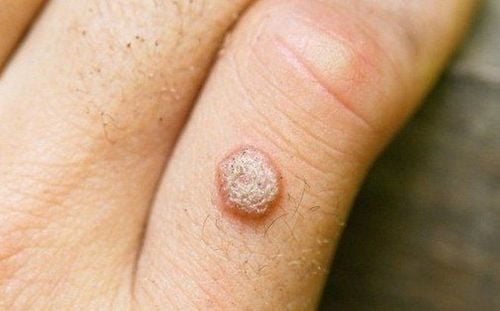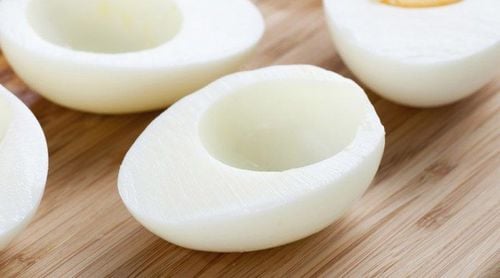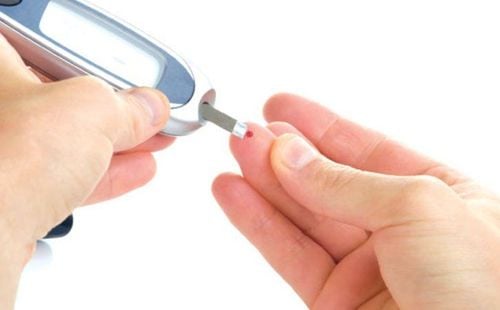This is an automatically translated article.
The right moisturizer will help the skin absorb nutrients and lock moisture well. In addition, it also works to help the skin stay hydrated and reduce sebum production - factors that clog pores or cause acne. So how to choose a moisturizer for acne-prone skin to be suitable and effective in the skin care process?
Oily skin can be considered a bad skin condition, but shiny skin is not without benefits. First, oils help retain moisture in the skin, so it's less likely to dry out and scaly during the winter months. Although excess oil can be linked to acne, it protects the skin from signs of aging.
Should I use moisturizer when I have acne with oily skin? Moisturizing cream will help the skin retain water to increase the smoothness of the skin, not only that, but it can also help reduce acne and excess oil. However, you must choose moisturizers with ingredients that control and treat acne-prone skin.
Here are the ingredients that should be in a moisturizer for oily skin:
Kaolin clay is a natural white clay that helps absorb oil and fade dark spots on the skin. Or another clay that is also effective for oily skin is Bentonite. The combination of these two clays will leave the skin feeling smooth. When using a mixture of these two clays to make a mask, it will absorb excess sebum.
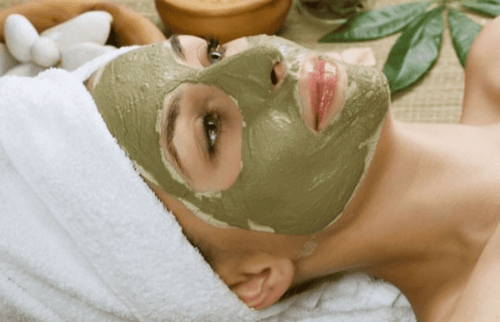
Mặt nạ đất sét cho da cảm giác mịn màng
Dimethicone People with oily skin use an oil-free moisturizer. These moisturizers tend to use dimethicone instead of petrolatum - which can clog pores. Because, dimethicone can mimic oil making skin feel healthy and still dry after use.
Moreover, dermatologists also recommend that people with oily skin choose a sunscreen with an SPF of no more than 30, because a higher SPF will contain a stronger concentration of sunscreen ingredients and there is a risk that the skin will become shiny. For example, La Roche-Posay anti-aging primer with sunscreen contains dimethicone and silica that is aerated for a mattifying effect.
Glycolic acid People with shiny skin use an oil-free moisturizer, especially if their skin is prone to breakouts. Because the ingredient glycolic acid works to help reduce excessive oil secretion, preventing the clogging of pores - the cause of acne. In addition, glycolic acid also helps to exfoliate the top layer of dead skin, leaving the skin balanced and smooth.
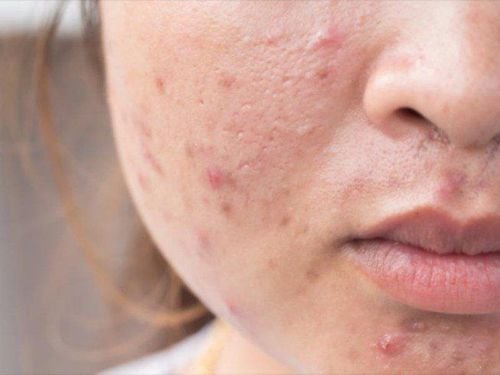
Sử dụng Acid glycolic giúp ngăn ngừa mụn trứng cá
Hyaluronic Acid Having oily skin doesn't mean you can skip moisturizer in your skincare routine. Oil is not the same as moisture and it is very common with oily skin. The flaking and dehydration of the skin's surface is due to the ingredients used to control oil.
That said, traditional moisturizing ingredients can feel heavy on oily skin and clog pores and make skin greasy. Therefore, look for an oil-free moisturizer that contains hyaluronic acid that is intensely hydrating but leaves skin feeling light.
Niacinamide Researchers have proven that niacinamide has the ability to absorb sebum and it has a role in strengthening the skin barrier. In addition, it can also produce natural collagen as well as strengthen the outer layer of the skin and speed up the skin's surface regeneration helping to reverse the appearance of damage.
Retinol This vitamin A derivative is often found in anti-aging formulas such as wrinkles, hyperpigmentation. However, it works relatively well for oily skin.
Retinol builds collagen and firms the skin while it also makes pores tighter and releases less oil. Tightening pores will also help reduce shine on the skin.
Salicylic Acid Many people believe that washing your face regularly is the best way to prevent oily skin. Even so, over-washing actually puts the skin at risk for breakouts and other skin problems like flaking or overproduction of oil. It is recommended to wash the skin twice in a day.
Salicylic acid is lipophilic lipophilic. It will go into the pore followed by the oil-filled sebaceous follicle and it will draw the oil out. This way, the pores will be open and tight.
Reference source: insider.com; everydayhealth.com




